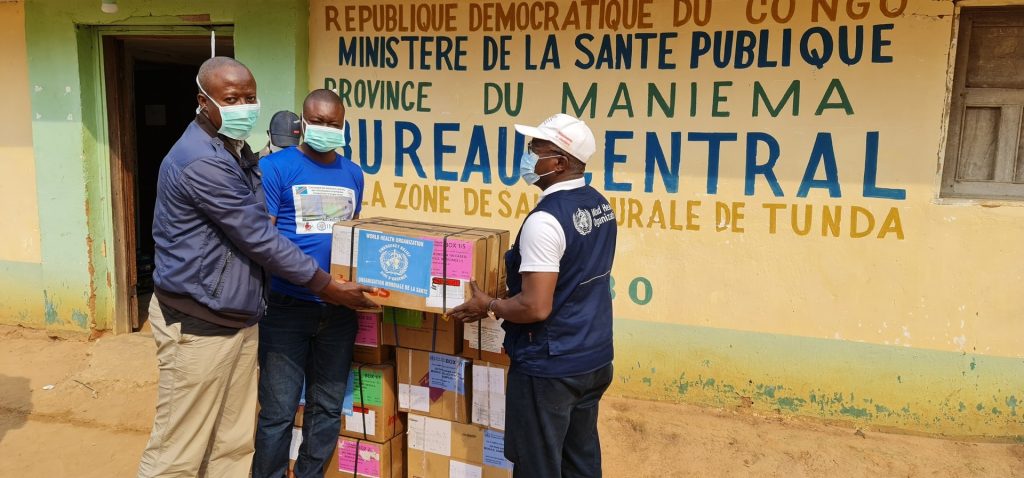The World Health Organization (WHO) has classified the escalating mpox outbreak in the Democratic Republic of the Congo (DRC) and surrounding regions as a Public Health Emergency of International Concern (PHEIC). The announcement by WHO Director-General Dr. Tedros Adhanom Ghebreyesus comes as new data reveals a troubling rise in cases and deaths, with over 15,600 infections and 537 fatalities reported so far this year.
Why the Declaration?
Dr. Tedros made the decision following recommendations from the International Health Regulations (IHR) Emergency Committee. The declaration reflects concerns about the emergence of a new mpox strain, Clade 1b, which is spreading rapidly in eastern DRC and has been detected in neighboring countries such as Burundi, Kenya, Rwanda, and Uganda.
“The emergence of a new clade, its rapid spread, and its potential to cross borders require coordinated global action,” Dr. Tedros said.
Mpox: A Global Threat
The disease, first identified in humans in 1970 in the DRC, has long been endemic in central and west Africa. However, its recent spread through sexual networks and into new regions has heightened fears of a global resurgence akin to the outbreak in 2022.
Professor Dimie Ogoina, Chair of the IHR Emergency Committee, stressed the urgency of addressing mpox’s continued neglect in Africa. “This is an emergency for the entire globe, not just Africa,” he said, urging decisive action to prevent another global outbreak.

